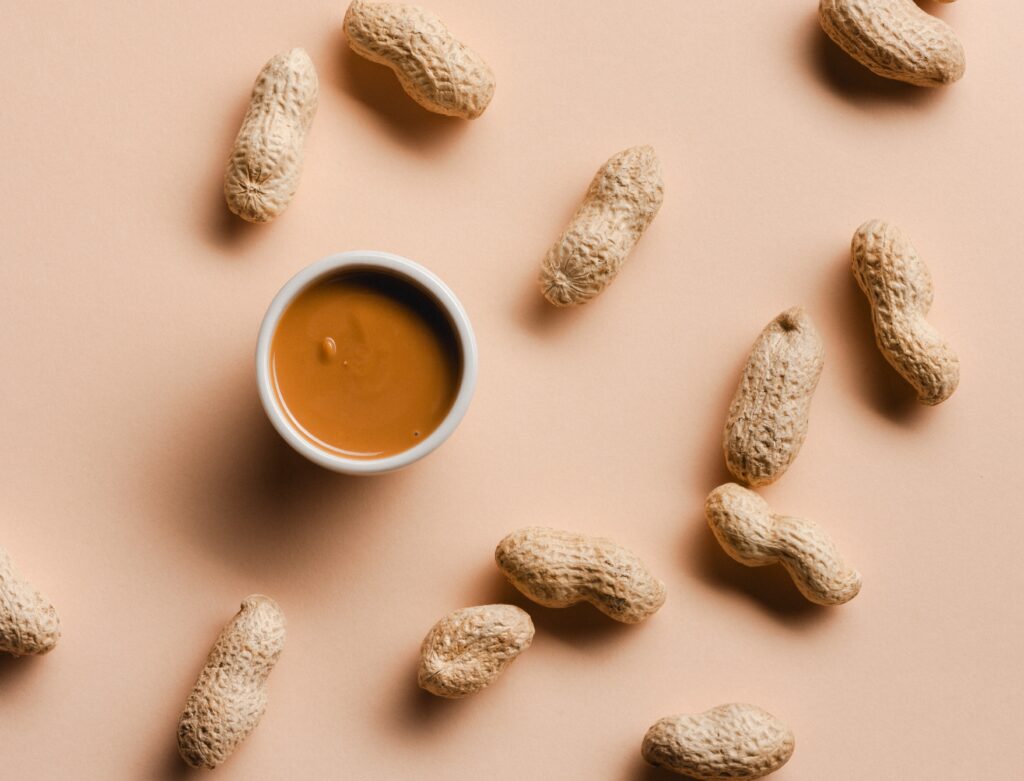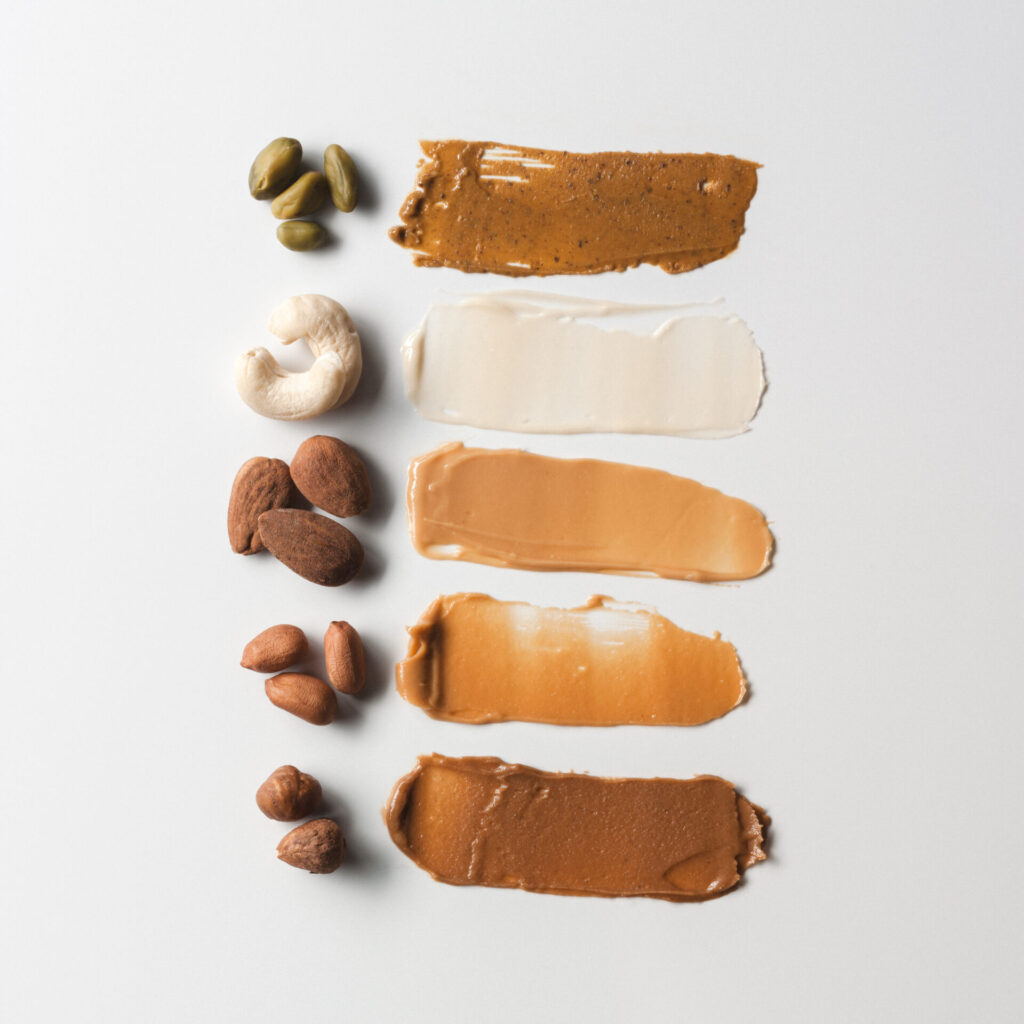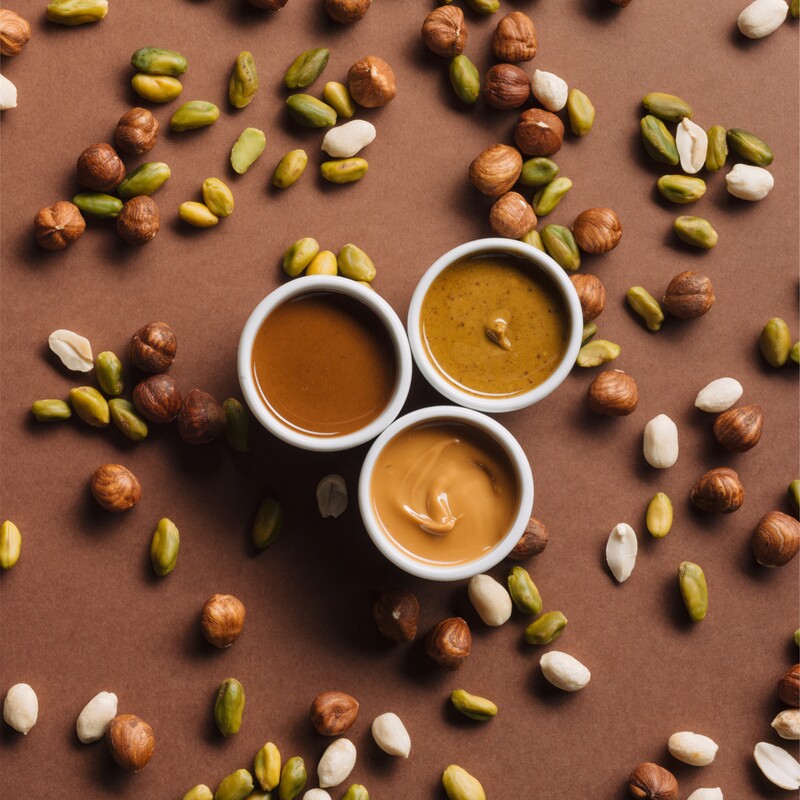Peanuts are a widely consumed food worldwide for their culinary versatility and numerous nutritional benefits. Originally from South America, they have become an essential ingredient in various gastronomic cultures, whether in their natural form, roasted, powdered or transformed into butter or cream.

Nutritional benefits of peanuts
Some of the main health benefits of peanuts include their high content of plant protein, fiber, healthy fats and a variety of vitamins and minerals such as magnesium, phosphorus and vitamin E. Peanuts are also an excellent source of antioxidants, and their high monounsaturated fat content helps to maintain cardiovascular health by reducing LDL cholesterol and increasing HDL cholesterol.
Their nutritional profile has attracted the interest of scientists such as Vasanti Malik, a Harvard University scientist who has studied the positive effects of healthy fats on cardiovascular health. Global consumption of peanut butter has been boosted by this scientific backing, combined with its culinary appeal.
Growth and consumer trends
Peanut butter has experienced significant global growth in recent years, driven by interest in natural, high-protein and additive-free products. Although traditionally very popular in the United States, its consumption has spread rapidly to other markets due to its acceptance as a healthy and versatile food.
New consumer trends have increased the demand for plant-based products and products suitable for specific diets such as vegan and keto diets. Peanut butter has also established itself as an essential ingredient in sports nutrition, as well as in baked goods, sauces and energy shakes.
Innovation in the sector
New consumer trends have fueled the demand for healthy, plant-based and protein- rich products, which has helped peanut butter expand into various culinary applications. From use in breakfasts and snacks to incorporation into baked goods, sauces and energy shakes, this product has become a key ingredient in both sports nutrition and professional cuisine.
The sector has managed to innovate in order to adapt to new market demands, offering versions without added sugars, palm oil and suitable for different types of diets. Food technology has enabled us to improve the texture and flavor of peanut butter, obtaining creamier and more homogeneous products without the need to use artificial stabilizers. In addition, the use of high oleic peanuts has contributed to improving its nutritional profile and prolonging its shelf life, making it a healthier and more sustainable option.

Industry challenges
Despite its growing success, the peanut butter sector faces significant challenges. Competition with other spreads, such as almond or hazelnut spreads, is intensifying as the demand for healthy foods increases. Likewise, sustainability in peanut production is a crucial factor, as its cultivation requires specific conditions that can be affected by drought, soil depletion or other adverse climatic phenomena.
Another major challenge is the need to educate consumers about the differences between processed spreads, which often contain unhealthy sugars and oils, and natural options that keep their nutritional benefits intact.
The future and opportunities
Forecasts indicate that demand for peanut butter will continue to grow, driven by the introduction of new markets and innovation in its applications. At Importaco, we are committed to offering healthy and sustainable products that respond to these demands, bringing the benefits of peanut butter to more and more people.
Our commitment to innovation and quality positions us as a reference point within the industry, working to satisfy the needs of today’s consumers with nutritious, versatile and high-quality products.
